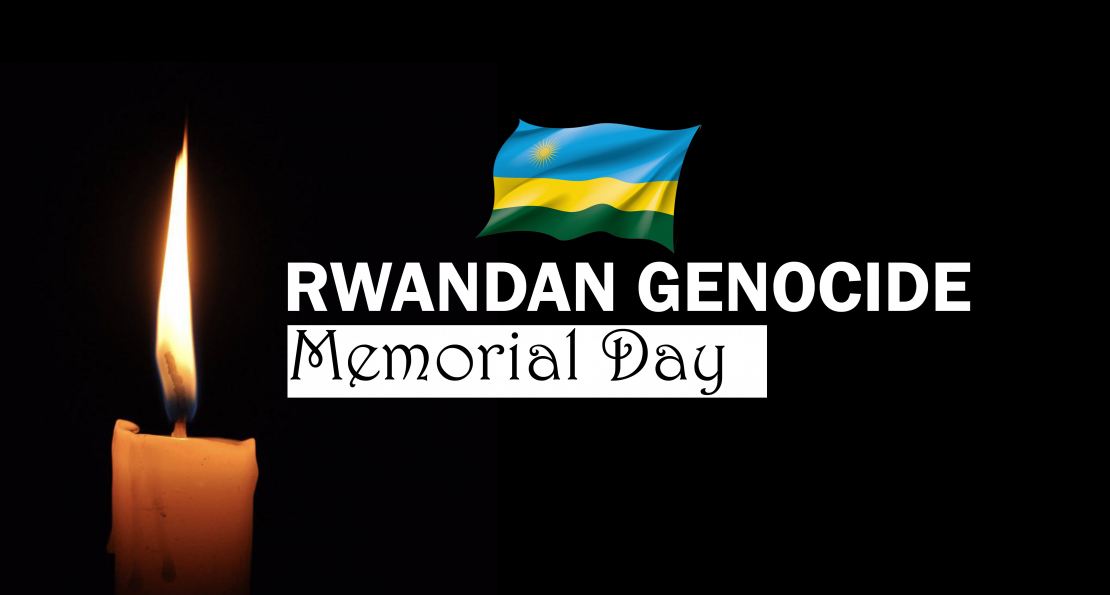On April 7, 2022, a remembrance flame was lit at the Kigali Genocide Memorial ground, where some of the victims of the 1994 Rwanda Genocide are laid to rest. The national mourning day in Rwanda is said to last until April 13, while commemoration activities will go on until July 3, spanning one hundred days – the number of days the genocide lasted, claiming more than a million lives.
As Rwandans, including those at AUN, and the rest of the world reflect on the East African country's journey from tragedy to rebirth, President Margee Ensign, during a television program, said that Nigeria and the rest of Africa could learn from the progress recorded by Rwanda.
"Today is a very important time for Rwanda, but the lessons abound for all of humanity. It is a time to mourn, reflect and think about the future which encapsulates what Rwandans have done in the last twenty-eight years."
After two decades since the conflict, many questions have been raised about how it all started, the measures put in place to prevent future occurrences, and how the people have been able to settle their differences. One important aspect outlined by Dr. Ensign is the lessons Nigeria must learn from Rwanda's models of reconciliation as a country dealing with Boko Haram, kidnapping, killings, and a passive ethnic divide.
President Ensign, who has conducted extensive research on the subject, noted that after the genocide, the people of Rwanda chose not to dwell on their pain and animosity. To move forward, the Government adopted a home-grown solution, the Gacaca justice system, derived from their traditional and cultural practices and formulated to suit the problem at hand. With Gacaca, Rwandans were able to hold individuals and the Government accountable, get justice for victims of the genocide, and ultimately move on with reconciliation and national reconstruction.
Dr. Ensign said Nigeria could adopt this reconciliation & accountability strategy by looking for the common good among its people and shunning the cultural and religious differences. She believes this is doable with focused leadership and an awakened consciousness among the people.
"Nigeria is at a time when it needs accountability at all levels. Citizens need to elect leaders who do not care only about accumulating wealth and power but have a history of accomplishment, those with vision, and who really care about building this very big and important country. And then hold them accountable for their actions."
Dr. Ensign said she is optimistic that Nigeria will achieve great things after the recent addition to its constitution that mandates the inclusion of women in important levels of Government and decision-making within the country.
Reported by Tina Bitrus


